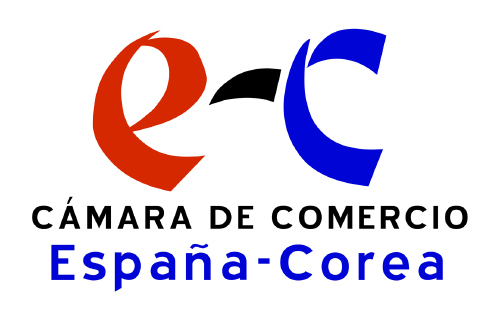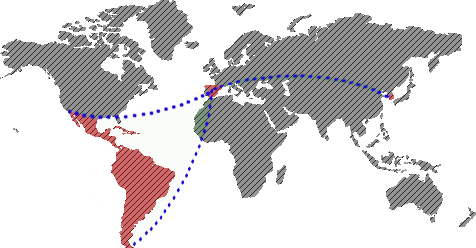The value of exports of goods from the EU to South Korea more than doubled between 2004 and 2014, from 17,900 million in 2004 to 43 200 million in 2014.
A few days before the Summit of South Korea / EU, to be held in Seoul, Eurostat has published statistics showing that for the second consecutive year, the EU has a trade surplus with South Korea.

El puerto de Busan es el quinto puerto del mundo.
The EU and South Korea are important trading partners. South Korea is the tenth largest export destination in terms Laue, while the EU is the fourth largest export destination for South Korea (after China, Japan and lEE.UU)
The free trade agreement (FTA) EU-South Korea entered into force in July 2011. It was the first of a new generation of free trade agreements and the first EU trade agreement with an Asian country (European laComisión just August conclude negotiations for an agreement with Vietnam).
The agreement eliminates tariffs on industrial and agricultural products gradually, although most import duties were eliminated when the FTA entered into force on July 1, 2011. The July 1, 2016 are completely eliminated import duties on all products except for a limited number of agricultural products.
Spain recorded a trade surplus of some 384 million Euros in 2014 (exports: 1.984 billion, imports: 1.564 billion)
Besides to eliminating tariffs, the agreement led to the reduction of non-tariff barriers to trade, with special emphasis on pharmaceuticals, medical devices, automotive and electronics. It also created new opportunities for market access in services and investments, and included provisions in areas such as competition policy, government procurement, intellectual property rights, transparency in regulation and sustainable development.
In terms of EU exports, the most important product categories are machinery and appliances, transport equipment and chemicals. With regard to EU imports from South Korea, the main product categories are machinery and equipment, transport equipment and plastic.
The South Korean investments in the EU have increased substantially during this period, from 13.1 million euros in 2010 to 18,500,000,000 euros in 2012 (latest available Eurostat data), representing 0, 5% of total foreign direct investment (FDI) in the EU. During the same period, EU investments in South Korea rose moderately from 37.5 to 39.5 million euros, representing 34.5% of total FDI in South Korea.






